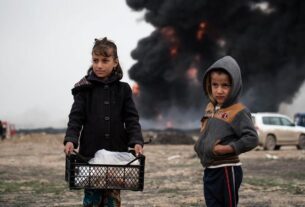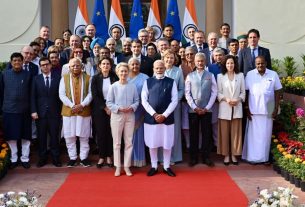🧾 Summary
The European Union’s signing of a new Enhanced Partnership and Cooperation Agreement (EPCA) with Uzbekistan has drawn sharp criticism from Human Rights Watch (HRW) and other civil society advocates. While the agreement emphasizes respect for democratic principles and fundamental freedoms, rights groups argue it lacks enforceable conditions to address Uzbekistan’s deteriorating human rights record.
⚖️ HRW’s Critique
HRW’s Europe and Central Asia advocacy director, Iskra Kirova, stated the EU had “missed an important opportunity” by failing to require specific improvements in civic freedoms, media protections, and accountability for past abuses. The organization highlighted ongoing violations including:
- Prosecution of activists and bloggers under vague charges such as “insulting the president online”
- Severe restrictions on NGOs, including barriers to registration, funding, and public engagement
- Suppression of peaceful assembly, notably the 2022 Karakalpakstan protests, where security forces used lethal force resulting in multiple deaths and injuries
🚨 Case Spotlight: Dauletmurat Tajimuratov
HRW cited the case of lawyer Dauletmurat Tajimuratov, sentenced to 16 years in prison for participating in peaceful protests. Reports of torture and ill-treatment during his detention have prompted calls from the UK, US, and EU for an independent investigation, though Uzbek authorities deny the allegations. The case raises concerns under the Nelson Mandela Rules, which prohibit degrading treatment of prisoners.
🧵 Broader Context
While Uzbekistan has made progress in eliminating forced labor in the cotton sector, HRW notes that forced labor and restrictions on association persist in other industries. Critics argue that the EU’s engagement—culminating in the EU-Central Asia Summit in April 2025—prioritizes economic and strategic interests over human rights.
The EPCA, signed during President Shavkat Mirziyoyev’s visit to Brussels, aims to deepen cooperation in trade, energy, and regional security. However, rights advocates warn that without binding human rights benchmarks, the agreement risks legitimizing authoritarian practices.
Sources:



